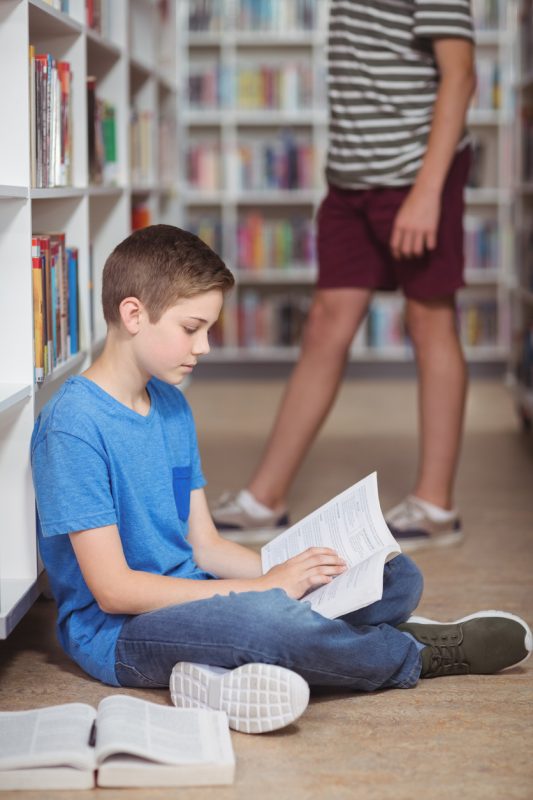
Hey Dad… or Mum
Please keep pursuing me!
When my door is shut – Keep knocking.
When my words are few – Keep talking.
When my mood is low – Keep smiling.
When I snap at you – Stay.
When I walk away – Stay close behind.
Please don’t give up – Please keep pursuing me.
I do need you <3
Your teen.


 Dear Mum and Dad,
Dear Mum and Dad,
















Recent comments